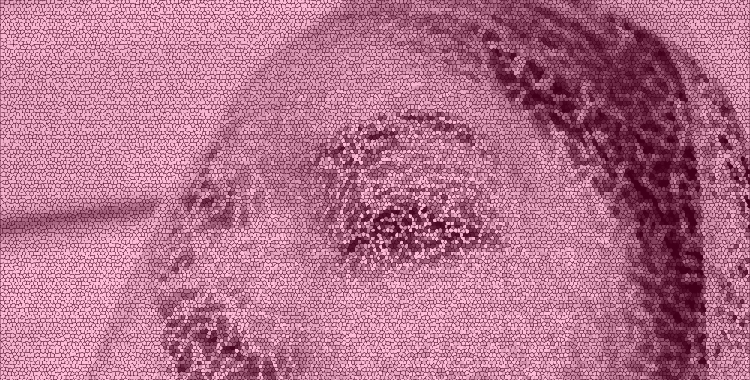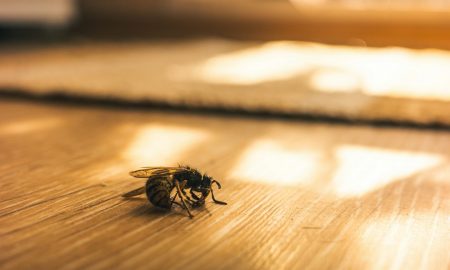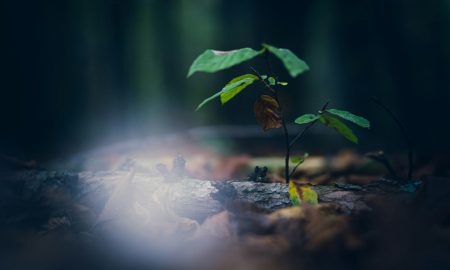18 May 1985
Dear diary,
Delhi
Silk Veil
Royal blue, Red, Magenta, it comes in all hues,
Wherever I go, whatever I do, it follows me around,
Sometimes it is a cover, hides the anxiety etched all over my face,
Then, it becomes a sheath, guards my passion from peering through,
Sometimes, it helps to un-appear, especially when elders appear,
Then, it is a matter of shame, a lesson I learnt at six,
Sometimes, it is a hood, harbouring in its safe wraps,
Then it is a limit, thwarting wings of lucid imagination,
Sometimes, it’s a blind, as sun shines piercingly, blinding the naked eye,
Then, it is a cloth on my skin, filtering everything, even the joys of nature,
Sometimes, it saves from the pervert eye,
Then, it doesn’t let me decide what eye?
Sometimes, like an organ, it becomes a part of me,
Then, society frowns, if its apart from me,
Royal blue, Red, Magenta, it comes in all hues,
Wherever I go, whatever I do, it follows me around.
With devotion,
Sukshma
***
About the Sukshma Series:
The Sukshma Series is a first-hand account of an educated woman of post-colonial India reflecting on how the social and political set-up of the country defined the status of an Indian woman.
The title of the poems is “Sukshma”, the title is very deliberate because Sukshma essentially means dormant energy and in the context of the central character’s feelings, it is quite pertinent. Sukshma is an educated middle-class house-wife in the 1980s in India. Sukshma maintains a personal diary in which she scribbles about her emotions, fears and anxieties in her life and expresses them only through the medium of poems. Evidently, her writing is mature and literary, but she is torn between the responsibilities of the household, family, children and the rigid social structures of the society that prohibit her aesthetic ability to write, so she keeps them private and writes very irregularly. Sukshma keeps her writing energy dormant and concealed from the rest of the society because she fears the aftermath of being deviant. Through her writing, she speaks volumes about her predicament as an Indian woman and reflects on the violence and horrors of her critical situation.
Previous poem(s) in the series: Unturned, Kitchenette
***
Photo by Camila Quintero Franco on Unsplash





